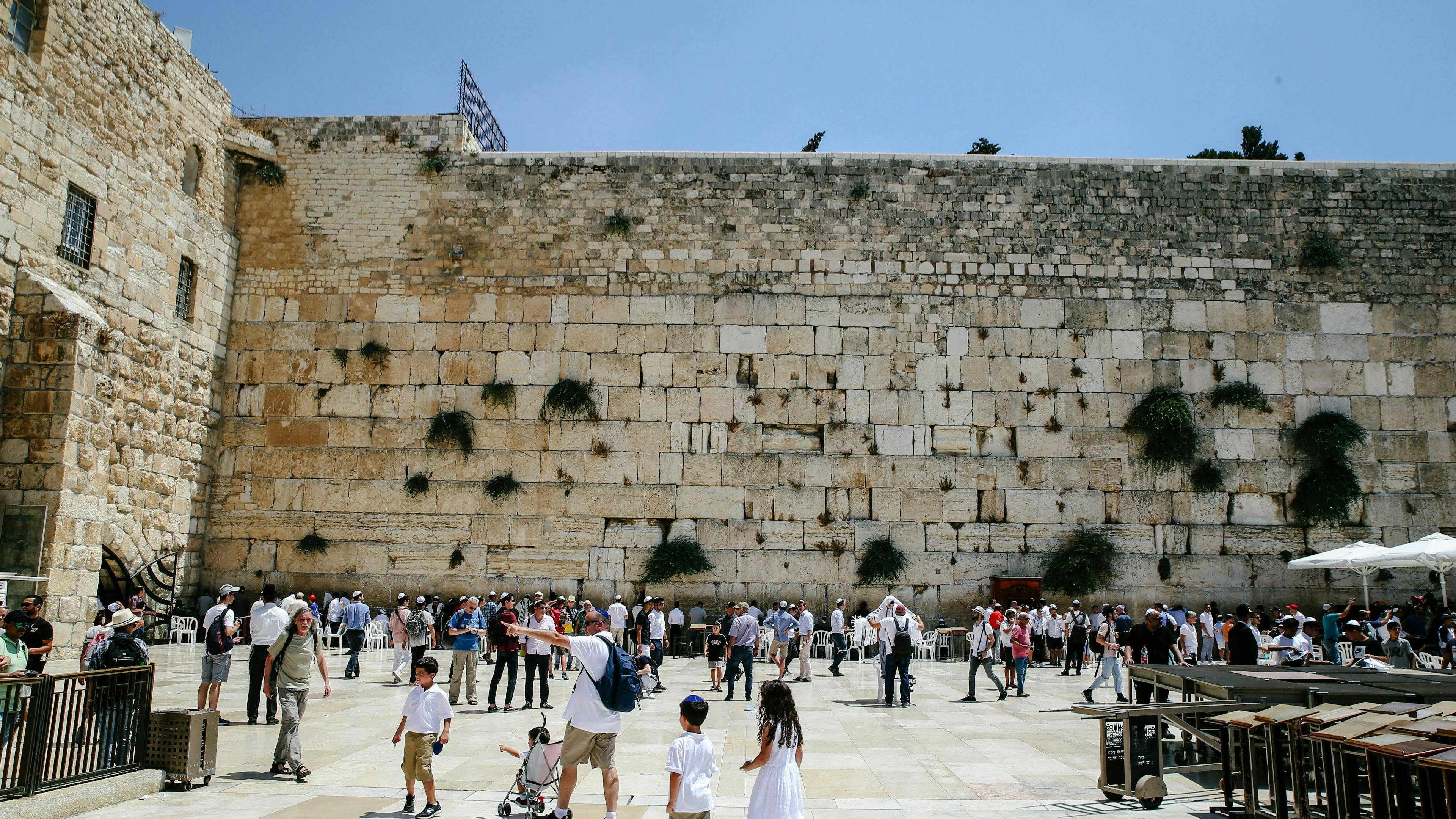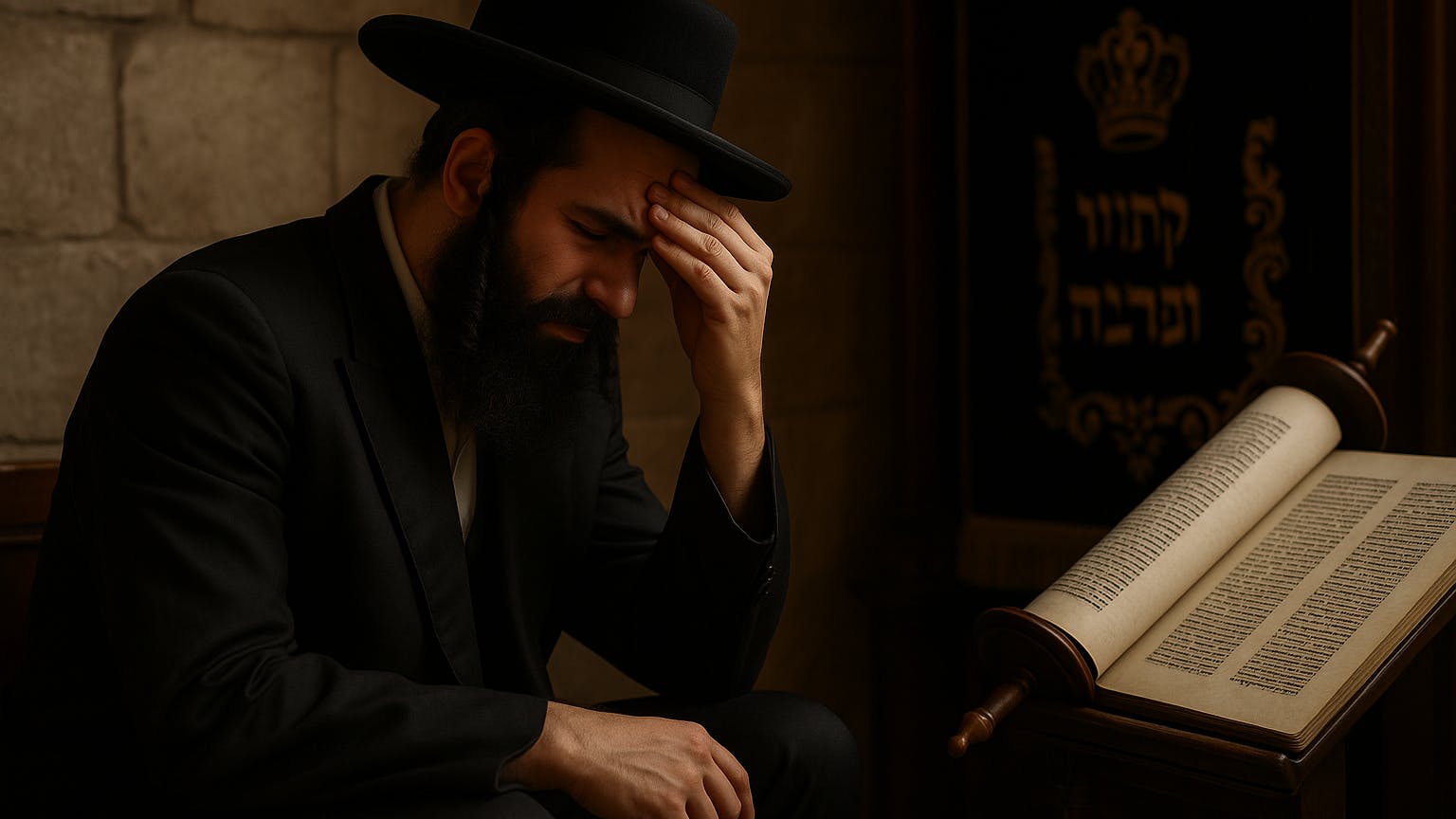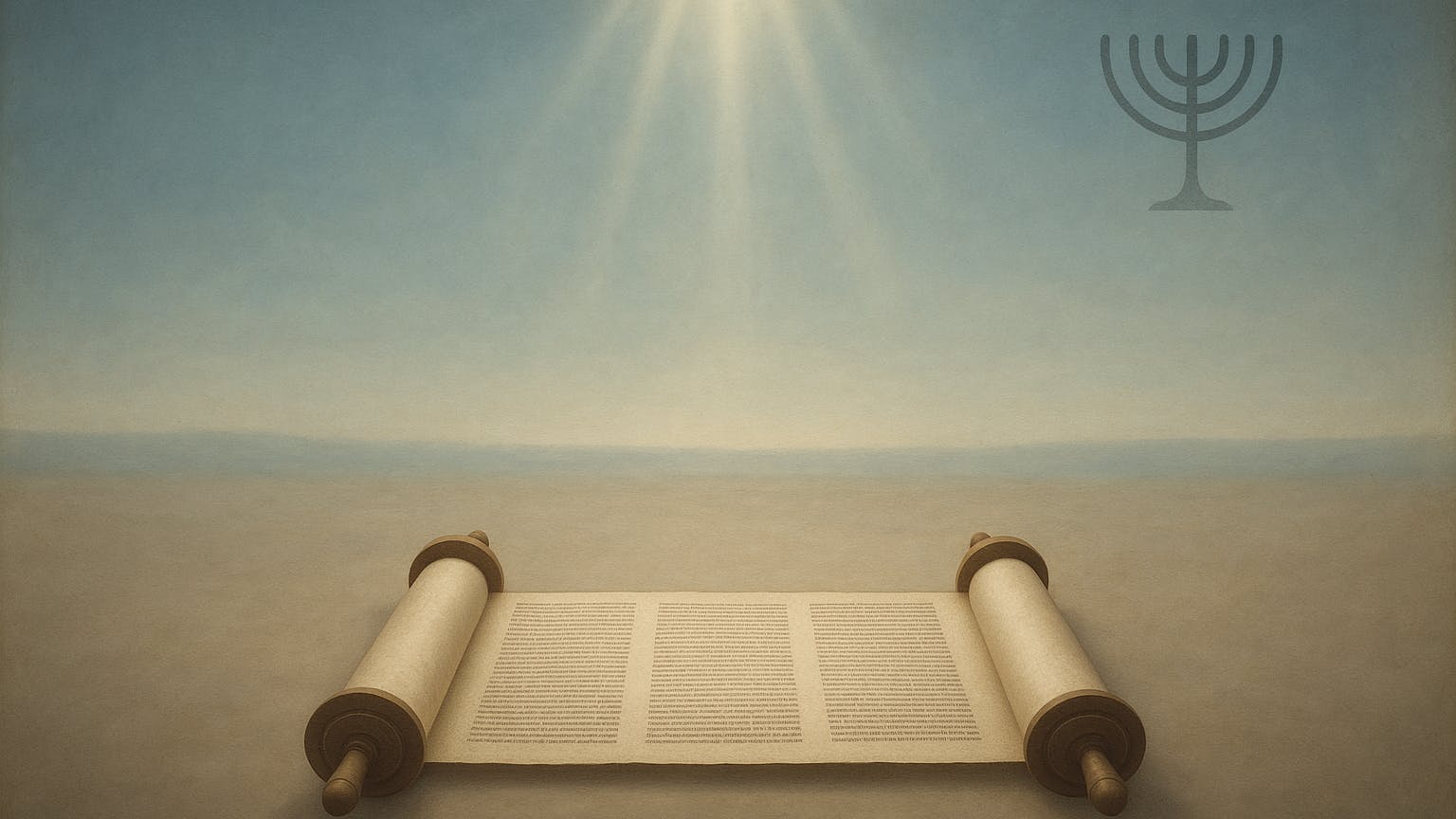The Passover ceremony of Ashkenazi Jews ends with the expression L’Shanah haba b’Yerushalayim: “Next year in Jerusalem;” whereas in Israel, it typically ends with: L’Shana Haba’ah B'Yerushalayim habnuyah "Next year in the rebuilt Jerusalem.” The concept is that within the space of a year, the exiled Jews might find themselves in Jerusalem again, and the Jews in Israel might find themselves within the Messianic age.
Certainly, much can change within a year: during the Judaic festival of Passover in 2024, the modern nation-state of Israel was in the midst of an intense conflict in Gaza, whereas now in 2025, as the Jewish Pesach approaches, we have seen hostages released, and a tentative truce has been established.
When we think of events from year to year, we typically hope for a better future. And so at Rosh Hashanah, the Jewish New Year, Jews wish each other Shanah Tovah uMetukah: a happy and sweet new year, eating apples and honey to symbolize their hope for such. Yet who knows if another year may bring suffering, illness, loss, or death? If we think of this topic in terms of sin and God’s holiness and justice, then why should God allow us to keep living another year, while we continue in doing what he forbids and not doing what he requires? Do we deserve another year to live out that life before him? This may not seem at first to offer the anticipation we have been speaking of, but stop to consider it a little longer and we will find it offers immeasurable hope.
Think about the teaching of the prophet in (Isaiah 5:3-6):
Isaiah 5:3-6
“And now, O inhabitants of Jerusalem, and men of Judah, judge, I pray you, betwixt me and my vineyard. What could have been done more to my vineyard, that I have not done in it? Wherefore, when I looked that it should bring forth grapes, brought it forth wild grapes? And now go to; I will tell you what I will do to my vineyard: I will take away the hedge thereof, and it shall be eaten up; and break down the wall thereof, and it shall be trodden down: And I will lay it waste: it shall not be pruned, nor digged; but there shall come up briers and thorns: I will also command the clouds that they rain no rain upon it.”
The meaning of this was that the Jewish nation – represented by the vineyard – had failed to yield fruit, and thus was ripe for judgment by God.
There is a similar meaning behind a parable told by Jesus Christ: “A certain man had a fig tree planted in his vineyard; and he came and sought fruit thereon, and found none. Then said he unto the dresser of his vineyard, Behold, these three years I come seeking fruit on this fig tree, and find none: cut it down; why cumbereth it the ground? And he answering said unto him, Lord, let it alone this year also, till I shall dig about it, and dung it: And if it bear fruit, well: and if not, then after that thou shalt cut it down.” (Luke 13:6–9)
We might like to think of ourselves as the man who owned and examined his vineyard, but in reality, Jesus compels the hearer with ears to hear to think of himself as the fig tree, not bearing fruit. His parable also applies to individuals who similarly fail to yield fruit. Yet we also see God’s mercy, in that the fig tree owner declines to destroy the fruitless fig tree immediately, but rather allows it another year to grow.
Luke 13:6–9
A certain man had a fig tree planted in his vineyard; and he came and sought fruit thereon, and found none. Then said he unto the dresser of his vineyard, Behold, these three years I come seeking fruit on this fig tree, and find none: cut it down; why cumbereth it the ground? And he answering said unto him, Lord, let it alone this year also, till I shall dig about it, and dung it: And if it bear fruit, well: and if not, then after that thou shalt cut it down.
This corresponds to how God sees the sins of Jewish people – and indeed of Gentiles also – even nowadays, and yet does not immediately kill them for their sins and send them to hell. God is a holy God who must punish sin. “Holy, holy, holy, is the Lord of hosts: the whole earth is full of his glory.” (Isaiah 6:3). “Thou art of purer eyes than to behold evil, and canst not look on iniquity” (Habakkuk 1:13). Yet as we have all committed iniquity, none of us can stand before God in our sins. Hence the Psalmist exclaims: “And enter not into judgment with thy servant: for in thy sight shall no man living be justified.” (Psalm 143:2). We are like fruitless fig trees when we live in sin, not turning from it, but rather loving our sin. We may hope for better things from year to year, when really, we deserve death and punishment.
We know that we are guilty of sins as we routinely break the Ten Commandments. While we are compelled by reason, nature, and the Bible to confess that God exists, that he must be worshiped, honored, and served at his appointed time during his sabbaths, many live their lives in rebellion against God – and these first four commandments of his, that he gave to Moses on Mount Sinai. Even though society and culture seek to deny these truths, they can only function by adopting principles from the other six commandments, known as the second table of the law. This means we all admit that we must submit to lawful authority, avoid murder, sexual immorality, theft, lying, and all kinds of internal vice. Even those who claim a very tolerant approach to sexual issues, would still mostly admit that incest and rape are objectively wrong. And the closer we get to God’s law, the more we realize we have broken it internally – not only with our blasphemous thoughts and contemptuous affections towards God, but also with our hateful, lustful, and dishonest thoughts and affections towards other men.
Our consciences then accuse us of the guilt we are justly under, and we know instinctively that there will be a Day of Judgment in which God will judge us for our sins. Unless we are covered by the atonement that God provides, we will face death, as did the firstborns of families not covered by the blood of the lamb at Passover.
The wonderful news is that Jesus Christ is our passover lamb. By this, we mean he was innocent, like a lamb, hence (Isaiah 53:7) prophesies of him:
Isaiah 53:7
“He was oppressed, and he was afflicted, yet he opened not his mouth: he is brought as a lamb to the slaughter, and as a sheep before her shearers is dumb, so he openeth not his mouth.”
And in the New Testament, we read (1 Corinthians 5:7): “For even Christ our passover is sacrificed for us.” Indeed, the whole sacrificial system of Israel pointed forward to Christ’s sacrifice on the cross. In the passover a lamb’s blood was daubed on wood and this spared the lives of many who had godly faith. Even so, Jesus Christ, the lamb of God, would shed his blood upon the wooden cross, to spare the lives of those with faith in him, seeing as “the just shall live by his faith” (Habbakuk 2:4). Christ would rise again from the dead for our justification (Romans 4:25), and by believing in him, his obedience would be imputed to us, and our disobedience atoned for by him, so that we may have eternal life.
At the last Passover he kept with his disciples he spoke of his blood as the blood “of the new Testament, which is shed for many for the remission of sins” (Matthew 26:28). He was speaking of how the Passover had always pointed forward to him as the Lamb of God. He then also pointed forward to a time when there will be and never ending experience of joy in God without sin to intrude. Something that he was going to make sure for them. (Matthew 26:29).
Matthew 26:29
“I will not drink henceforth of this fruit of the vine, until that day when I drink it new with you in my Father’s kingdom”
If you repent of your sins and believe in Jesus, the true Jewish Messiah, he will not only justify you before God, but also sanctify you – that is, turn you from your sins, so that you are no longer barren, but rather, that you produce fruit, like a fruitful fig tree whose owner is happy with him. As Israel observes Passover in changing circumstances from year to year, this is food for thought: Will God be happy with you from year to year, or are you like an unfruitful fig tree? Repent from your sins and believe in Jesus the passover lamb so that you may have eternal life, and know the true meaning of the passover that God gave to Israel in times past, in order to point forward to the glorious atonement of Jesus Christ.
More Topics
You might alsoo be interested in these topics.




